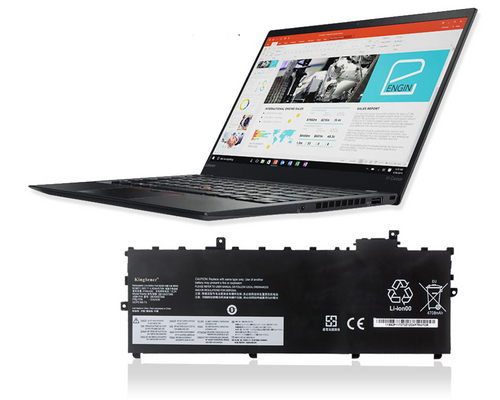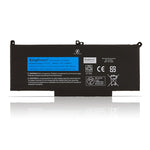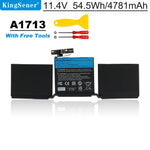You have no items in your shopping cart.
Is it safe to keep laptop charging all the time?

However, laptops are only as good as their batteries, and proper battery care is critical to ensuring that it maintains a long lifespan and a charge.
Keeping your laptop constantly plugged in doesn't hurt your battery, but you need to be aware of other factors, such as heat, to prevent battery damage.
Laptop Batteries
Most laptops use lithium-ion batteries. Unlike nickel-based batteries, lithium-ion batteries do not suffer from the "memory effect," which means that discharging and recharging them has no impact on long-term battery life.
Once your battery is fully charged, it stops charging, so keeping the laptop powered won't cause any problems for the battery.

Kingsener SS03XL Laptop Battery for Hp EliteBook 730 735 740 846 G5 745 G6 ZBook 14U G5 G6 Series 932823-421 933321-852 HSN-I13C-4
Cycles and Calibration
For lithium-ion batteries, it's best to avoid fully discharging them and then recharging them to full capacity -- this is called "deep cycling," a process that only works with nickel-cadmium and nickel-metal hydride batteries.
However, you should perform a deep cycle to recalibrate the battery once a month or so. This allows the battery monitoring mechanism to remain accurate in displaying battery life and charging.
Temperature Control
Battery Care
To perform a deep cycle, first fully charge the battery, then let it sit for about two hours to cool down from the charging process.
Unplug the power cord, and then set your computer's power saving settings to hibernate when the battery reaches 5% charge.
Once your computer goes to sleep, leave it out for about five hours, then plug in the power cord and let it charge again without interruption.
If you want to learn more about batteries, please visit:BatteryMall.com/blogs/support








